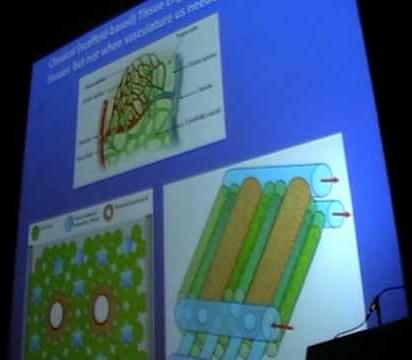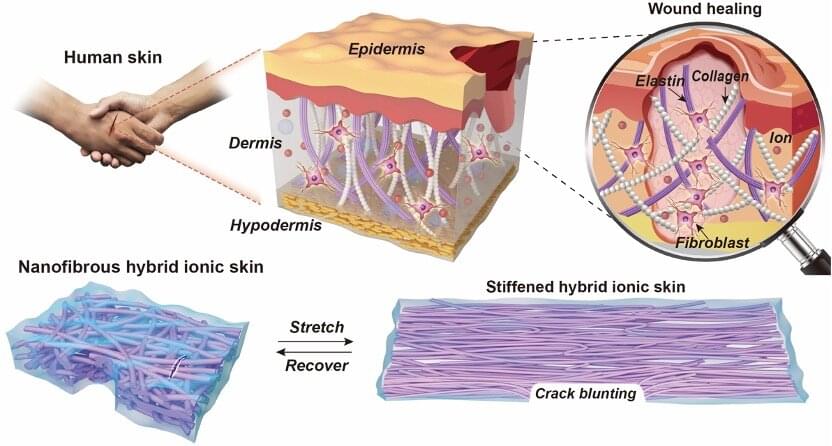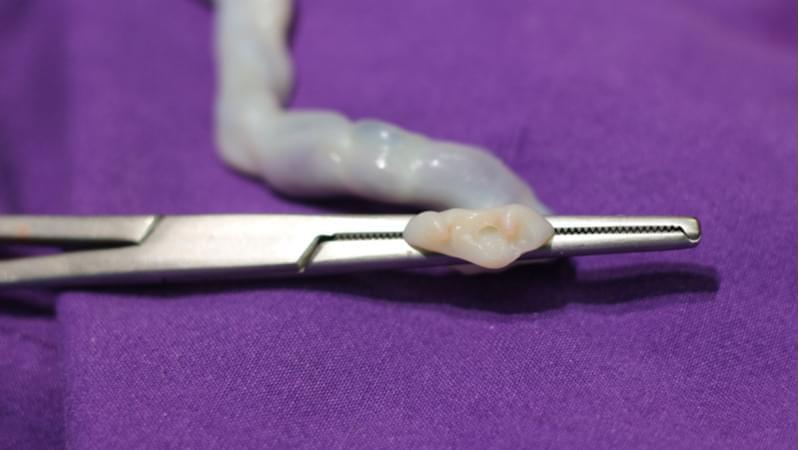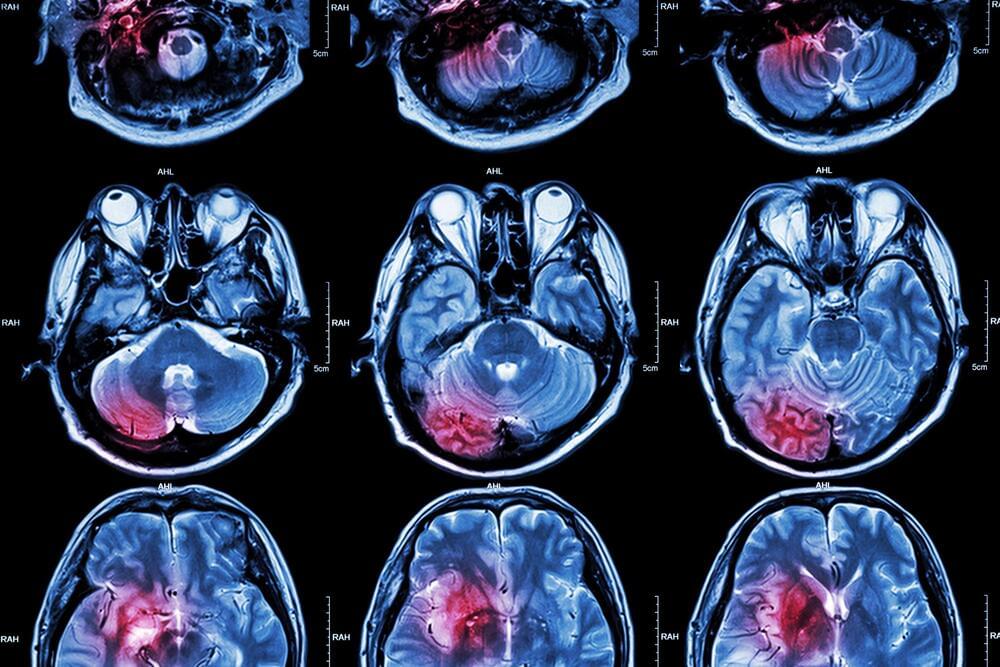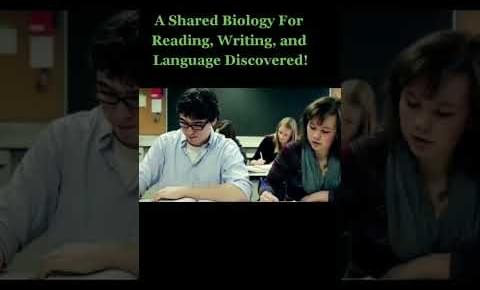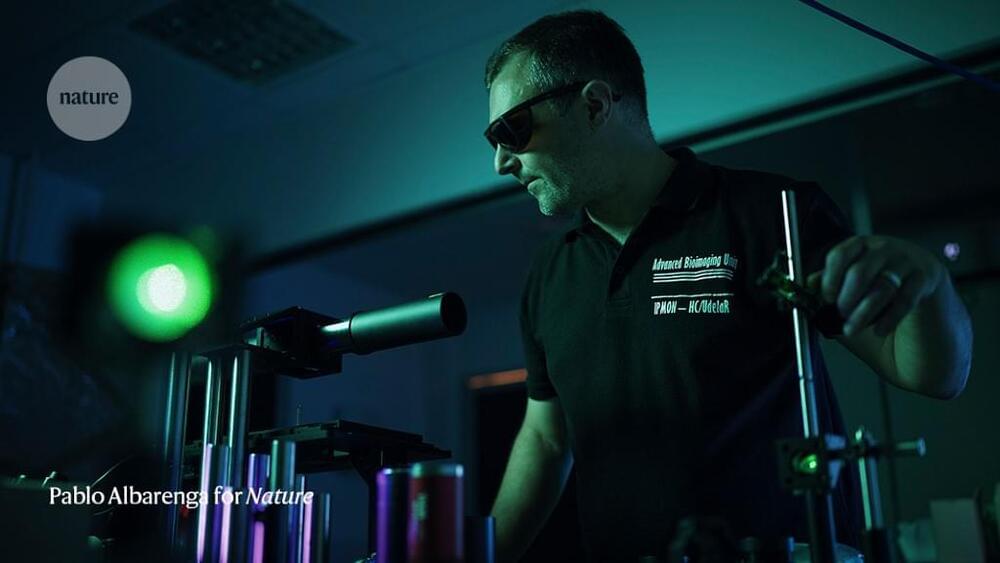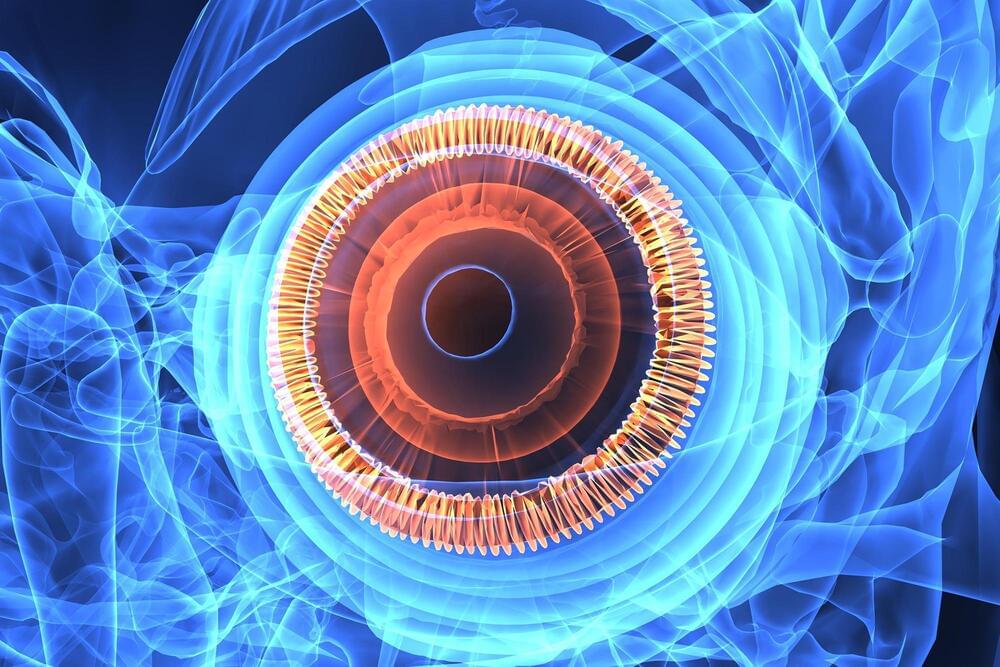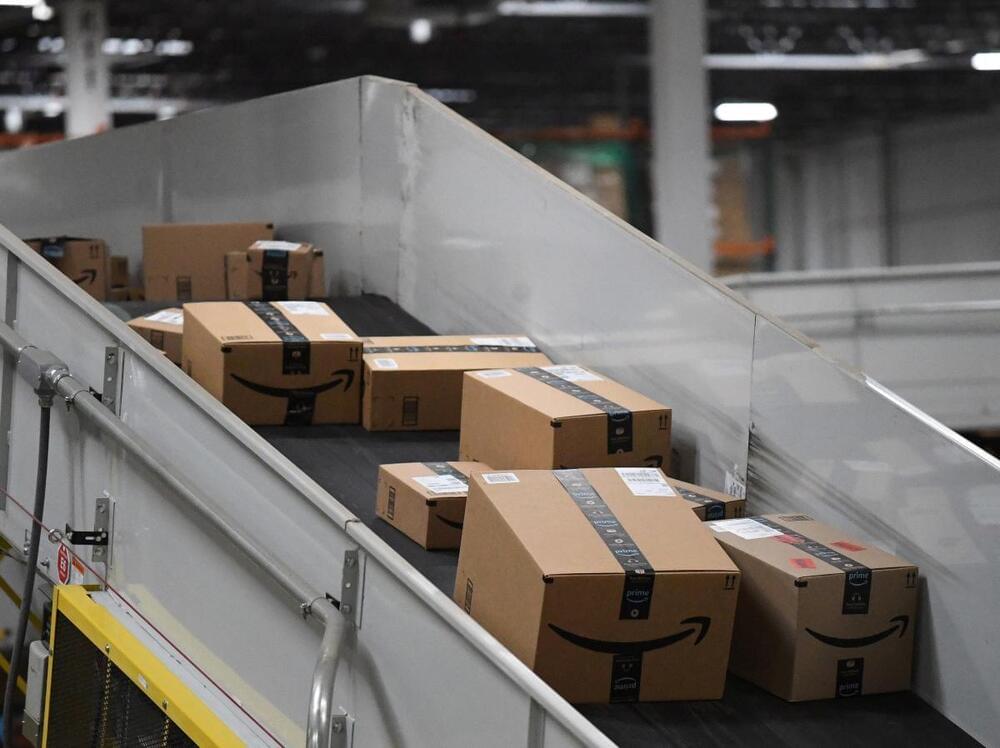Sep 6, 2022
Survival of the most informed: The journey to innovation begins with data
Posted by Shubham Ghosh Roy in categories: biotech/medical, business
Were you unable to attend Transform 2022? Check out all of the summit sessions in our on-demand library now! Watch here.
While business transformation has always been critical to staying relevant and competitive, global disruptions brought on by the COVID-19 pandemic created an urgency to accelerate innovation to keep pace with market conditions and changes in customer demand. In fact, many digitally transformed companies have not only survived — they’ve thrived.
According to a 2021 McKinsey Survey, top-performing companies now obtain a larger share of their sales from products or services that didn’t exist just one year ago. These companies are making more aggressive plans to differentiate themselves with technology, and some are preparing to reinvent their value proposition altogether.

